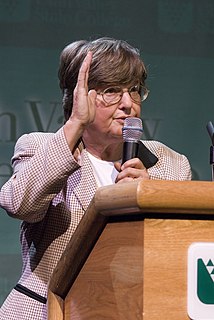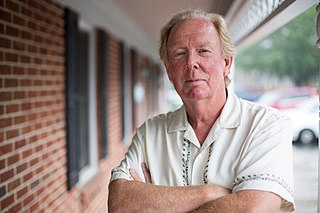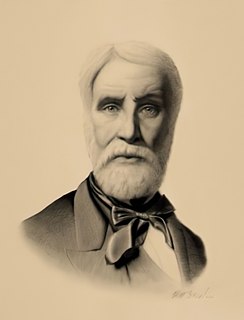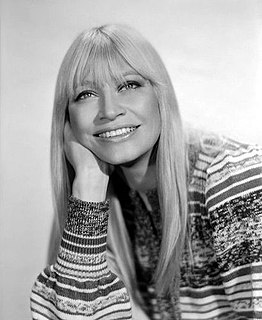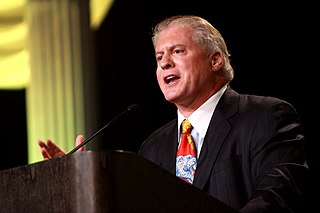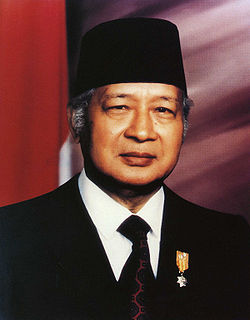Top 1200 Violation Of Human Rights Quotes & Sayings - Page 8
Explore popular Violation Of Human Rights quotes.
Last updated on December 19, 2024.
World peace is threatened not only by weapons of mass destruction but also by conventional weapons which have led to countless violations of human rights, including the rights to life and to physical integrity. A strong treaty can contribute greatly to international and regional peace, security and stability.
I would like people to remember that I kept the peace when I was president and I worked for peace, that I espoused human rights in its broadest definition, not only freedom of speech but freedom of assembly, freedom of worship and trial by jury but also the right of people for people to have a decent home to live, food to eat, employment, healthcare, self respect, dignity. So I think the broad gamut of human rights, peace and freedom. I would like to be remembered for those things to the degree that I deserve it and I still have a long way to go.
Rights mean you have a right to your life. You have a right to your liberty, and you should have a right to keep the fruits of your labor....I, in a way, don’t like to use those terms: gay rights, women’s rights, minority rights, religious rights. There’s only one type of right. It’s the right to your liberty.
"The Constitution" has something called The Emoluments Clause. That's just a fancy, 18th century word for no foreign government payments. And Donald Trump is collecting foreign government payments and other benefits throughout his business.It is a direct violation of "The Constitution" and unless he divests, not just operations, he must divest from all business interests or he will be in violation of "The Constitution" from day one.
We live in the age of "Everything Has Rights." Now, I'm not denying that the concept of rights is valid, but I wonder ? whatever happened to obligations? One rarely hears the term anymore. Indeed, have you ever heard of a "human obligations movement?" ? The very ideal that holds a democracy together--the willingness to make personal sacrifice for the common good--is going quickly by the wayside.
Some may more quietly commemorate the suffering, struggle, and sacrifice that has triumphed over much of what was wrong with the original document, and observe the anniversary with hopes not realized and promises not fulfilled. I plan to celebrate the bicentennial of the Constitution as a living document, including the Bill of Rights and the other amendments protecting individual freedoms and human rights.
We cannot allow some people to be left at the back of the human rights bus... We must ensure the rights of individual groups or people -be they indigenous peoples, or peoples of Asian or African or American descent, or Jews or Muslims- are not sacrificed on an altar of progress for some while there are setbacks to others.
Good, healthy democratic societies are built on three pillars: there's peace and stability, economic development, and respect for rule of law and human rights. But often, we take stability - peace in terms of security and economic activity - to mean a country is doing well. We forget the third and important pillar of rule of law and respect for human rights, because no country can long remain prosperous without that third pillar.
In order for us human beings to commit ourselves personally to the inhumanity of war, we find it necessary first to dehumanize our opponents, which is in itself a violation of the beliefs of all religions. Once we characterize our adversaries as beyond the scope of God's mercy and grace, their lives lose all value.
We’ve learned that it will take more than one generation to bring about change. The fight for civil rights has developed into a broader concern for human rights, and that encompasses a great many people and countries. Those of us who live in a democracy have a responsibility to be the voice for those whose voices are stilled.
The cases involving the question of whether U.S. courts should be open to claims of international human rights violations brought by foreign persons against foreign government officials. And the State Department on the one side has got a very consistent and powerful view that U.S. courts should be open to those claims because there needs to be a place in the world where they can be brought. And those human rights norms ought to be real and enforceable, and we ought to be a beacon to the world.
[T]he liberty, the unalienable, indefeasible rights of men, the honor and dignity of human nature, the grandeur and glory of the public, and the universal happiness of individuals, were never so skillfully and successfully consulted as in that most excellent monument of human art, the common law of England.
On human rights, civil rights and environmental quality, I consider myself to be very liberal. On the management of government, on openness of government, on strengthening individual liberties and local levels of government, I consider myself a conservative. And I don't see that the two attitudes are incompatible.
Yes, the state must intervene to prevent the exploitation of poor Indian women who are enticed or coerced into surrogacy, as well as to protect the rights of surrogate children. However, it should also be empathetic to individuals with alternative lifestyles who are well within their legal and human rights to demand access to surrogacy services.
I also watched where he [Ted Cruz] did a forum that looked like it came right out of a government agency, and it said on top, "Voter Violation," and then it graded you and it scared the hell out of people, and it said the only way you clear up the violation, essentially, is to go and vote for Ted Cruz. I watched that fraudulent document, and I said it's the worst thing I've ever seen in politics.
Abortion is a states' rights issue. Education is a states' right issue. Medicinal marijuana is a states' rights issue. Gay marraige is a states' rights issue. Assisted suicide- like Terri Schiavo- is a states' rights issue. Come to think of it, almost every issue is a states' rights issue. Let's get the federal government out of our lives.
In the 1980s, I was working to reform the schools in Arkansas. Donald Trump was borrowing $14 million from his father to start his businesses. In the 1990s, I went to Beijing and I said women's rights are human rights. He insulted a former Miss Universe, Alicia Machado, called her an eating machine.
The Civil Rights Act of 1964 was the most sweeping civil rights legislation of its day, and included women's rights as part of its reforms. Ironically, the section on women's rights was added by a senator from Virginia who opposed the whole thing and was said to be sure that if he stuck something about womens' rights into it, it would never pass. The bill passed anyway, though, much to the chagrin of a certain wiener from Virginia.
Despite the fact that Rouhani has been a long-time insider in a government that has committed countless human rights violations, and that he himself called for the execution of peaceful activists in 1999, many people inside and outside Iran are optimistic that he might indeed favor greater respect for the rights of the Iranian people.
It is the West that has liberated women, racial minorities, religious minorities, and gays and lesbians, recognizing and defending their rights. The notions of freedom and human rights were present at the dawn of Western civilization, as ideals at least, but have gradually come to fruition through supreme acts of self-criticism.





